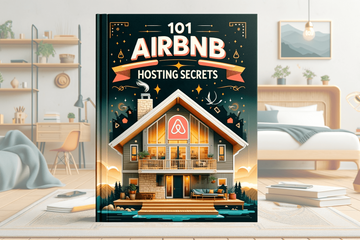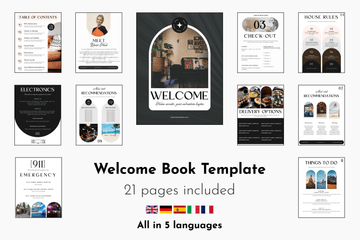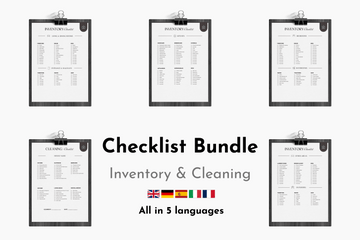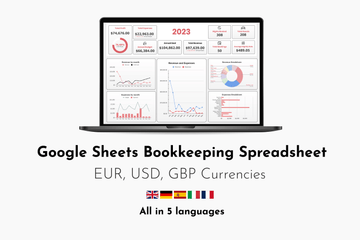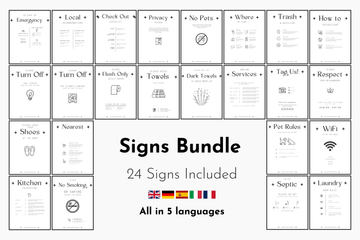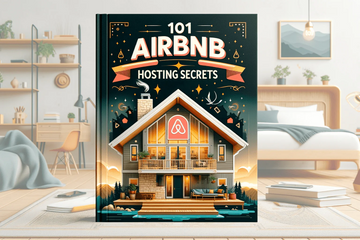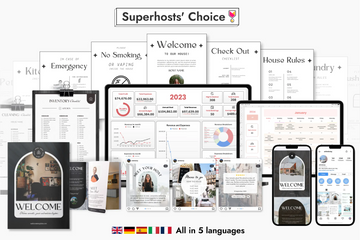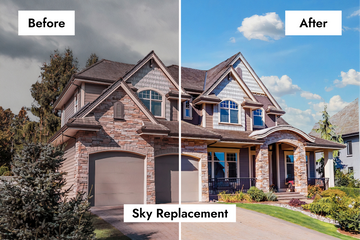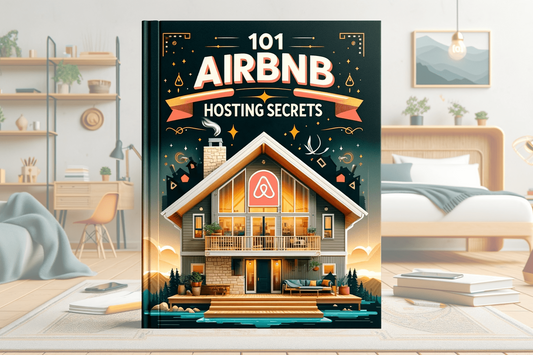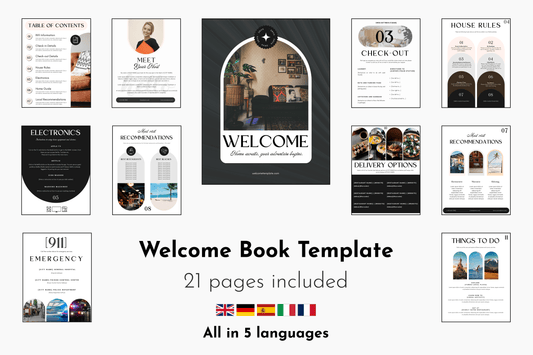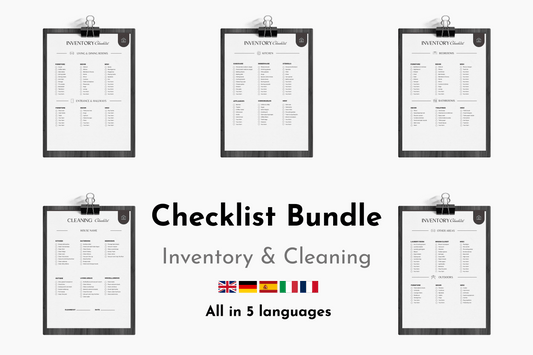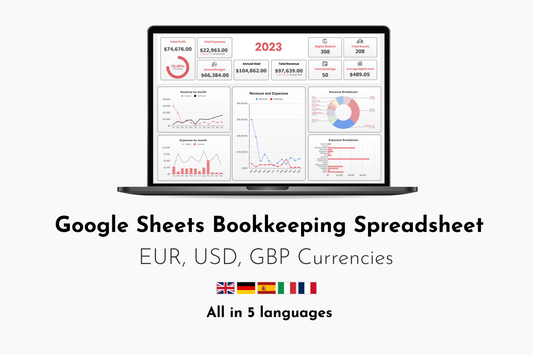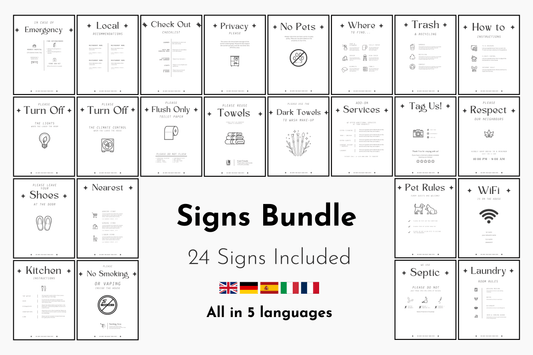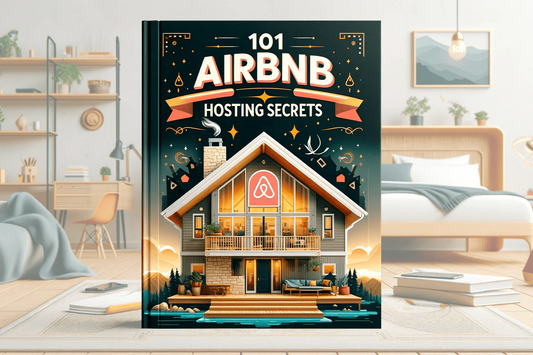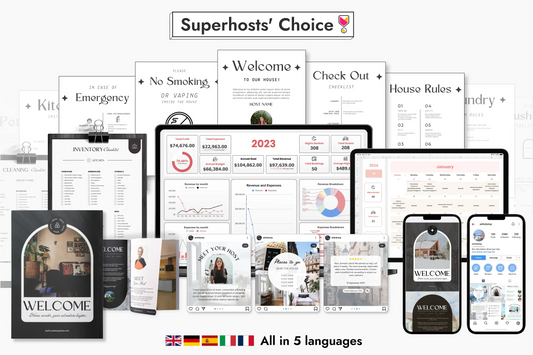As the short-term rental market evolves, more Airbnb hosts are discovering ways to expand beyond accommodation and offer unique experiences, such as hosting events or workshops. These offerings can attract a broader audience, create additional revenue streams, and set your Airbnb apart from others. If you're thinking about transforming your space into a venue for workshops, classes, or special events, this guide will help you do it right.
1. Why Host Events or Workshops at Your Airbnb?
Offering events or workshops adds value to your Airbnb listing by attracting not only tourists but also locals or niche travelers looking for unique experiences. Here’s why you should consider it:
- Additional Revenue Stream: Beyond nightly bookings, you can charge for the events or workshops you host, maximizing the use of your space.
- Engage Local Community: Hosting workshops or events can attract locals, which helps build your reputation and visibility within your community.
- Create Memorable Experiences: Travelers increasingly seek more than just a place to stay. By offering experiences, you can provide a deeper connection to the local culture, making your listing more attractive to guests.
- Promote Your Expertise: If you have special skills or knowledge, such as cooking, photography, or yoga, hosting a workshop allows you to share your passion with others.
2. Types of Events and Workshops to Consider
Before offering an event, think about your location, space, and personal skills. Here are a few ideas that can work in a variety of spaces:
- Creative Workshops: Host painting, pottery, or photography classes that allow guests and locals to tap into their artistic side.
- Cooking or Wine Tasting Classes: Culinary experiences are popular, especially if you can offer authentic local cuisine or teach unique cooking techniques.
- Wellness and Fitness: Yoga sessions, meditation workshops, or personal training events are ideal if you have a quiet, serene environment.
- Cultural Experiences: Share local traditions, such as dance classes, language workshops, or history tours, giving guests an immersive experience.
- Skill-based Workshops: Teach something practical like knitting, candle making, or digital marketing. These workshops attract people who want to learn a new skill while traveling.
- Photography Meetups: If your property is located in a scenic area, you can host photography workshops or meetups, offering expert tips on capturing the perfect shot.
3. Preparing Your Space
Before you begin hosting events or workshops, your space must be optimized for the activity. Here’s how you can prepare:
- Assess Capacity: Determine how many people your space can comfortably accommodate. Think about seating, table space, and areas where attendees can move around freely.
- Create a Comfortable Atmosphere: Depending on the nature of your event, you may want to rearrange furniture, provide additional seating, or create designated zones for learning, socializing, and relaxing.
- Ensure Cleanliness and Functionality: Make sure all parts of your property (kitchen, bathroom, common areas) are clean, organized, and in working order. Attendees should feel welcome and comfortable during the event.
- Consider Lighting and Ambiance: Lighting plays a significant role in workshops and events. Bright lighting works for activities like art and cooking, while softer lighting can create a calming atmosphere for yoga or meditation.
- Provide the Necessary Tools: Depending on the type of workshop, ensure you have the appropriate supplies or materials. For example, if you’re hosting a cooking class, make sure your kitchen is well-equipped, or if it’s a painting class, provide brushes, canvases, and paints.
- Sound and Technology: If your event involves speaking or presenting, ensure you have proper sound equipment and Wi-Fi for any tech-based activities or presentations.
4. Pricing and Booking Considerations
When setting prices for your event or workshop, consider both the time involved and any material costs. Keep the following tips in mind:
- Factor in Material Costs: If your workshop requires special materials, make sure the cost of these items is included in the fee.
- Time and Effort: Hosting events takes planning and effort, so make sure your pricing reflects the time you’ll be dedicating to preparing and running the event.
- Research Competitors: Look at what other similar workshops or events in your area are charging to remain competitive.
- Offer Discounts for Guests: Encourage travelers to book both a stay and a workshop by offering a discounted rate if they’re staying at your Airbnb.
- Group vs. Private: Decide whether you want to host group events (which may reduce the price per person) or more exclusive, private workshops, which could allow you to charge a premium.
5. Marketing Your Event or Workshop
Once you have your event or workshop planned, it's time to get the word out. Here are some effective ways to market:
- Leverage Airbnb Experiences: Airbnb’s platform offers a feature called Airbnb Experiences, where you can list your event and make it visible to both guests and locals. This is a great way to tap into an existing network of people looking for unique activities.
- Social Media: Use platforms like Instagram, Facebook, and TikTok to promote your workshop. Share behind-the-scenes content, highlight the unique aspects of your event, and post reviews or testimonials.
- Collaborate with Local Influencers: Reach out to local influencers or bloggers who can promote your event to their followers.
- Local Community Boards: Post flyers or ads at local cafes, libraries, or community centers to attract locals who may be interested in your workshop.
- Cross-Promotion: If you host multiple events or have other Airbnb listings, promote the workshop to your previous guests. Offer discounts for returning customers.
6. Legal Considerations and Insurance
Before hosting any event or workshop, ensure that you’re following local laws and guidelines:
- Check Zoning Regulations: Some neighborhoods or municipalities have zoning laws that restrict or regulate events in residential spaces. Ensure that hosting an event or workshop complies with these laws.
- Obtain Necessary Permits: Depending on the nature of your event, you may need to obtain permits, especially for larger gatherings or events involving alcohol or food.
- Update Your Insurance: Ensure your home insurance or Airbnb coverage is adequate for hosting events. Airbnb offers Host Protection Insurance, but you may want to check for additional coverage for events or workshops.
7. Delivering a Memorable Event
Once everything is in place, focus on creating an exceptional experience. Here are tips for ensuring your guests leave satisfied:
- Plan the Flow of the Event: Have a clear structure for the workshop or event, including when breaks will happen and how long each segment will last. A smooth flow creates a more enjoyable experience for participants.
- Encourage Interaction: Foster an environment where attendees can engage with each other. Whether it’s through group activities or a simple icebreaker, interaction adds value to the experience.
- Provide Takeaways: Offer participants a physical or digital takeaway—whether it’s a finished product from the workshop, a certificate of participation, or simply a guide or recipe they can use later.
- Request Feedback: After the event, ask for feedback. This will help you improve future workshops and ensure you continue to meet guest expectations.
Conclusion
Hosting events or workshops at your Airbnb is a powerful way to diversify your income, enhance the guest experience, and engage with the local community. By preparing your space, choosing the right event, and marketing effectively, you can create memorable experiences that will boost your reputation and booking potential. Whether you’re teaching a skill, sharing your passion, or hosting a local event, the opportunity to create meaningful connections and add value to your Airbnb property is immense.

